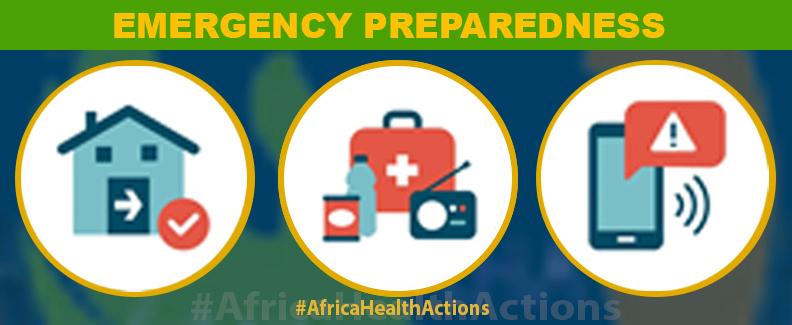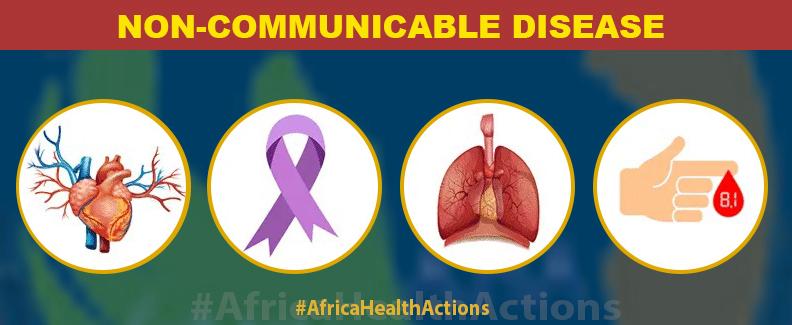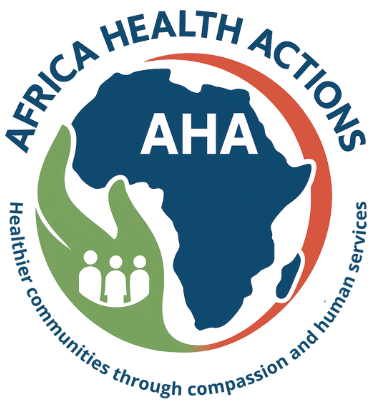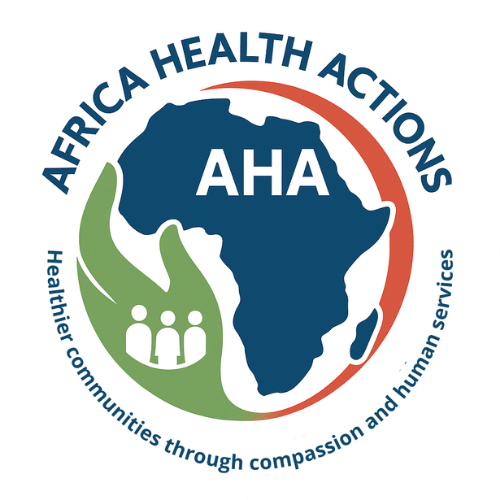Guinea, located on the West Coast of Africa, boasts a diverse population exceeding 13 million. With a per capita income of $1,490, life expectancy stands at 61 for females and 59 for males. The infant mortality rate is 53 per 1,000 live births. Conakry, situated on the Atlantic coast, serves as the capital, contributing to Guinea’s vibrant cultural and economic landscape.
Maternal, Newborn & Child Health (MNCH)
Guinea faces alarming maternal and child health challenges, particularly in rural areas. Only 40% of women undergo at least four antenatal care visits during pregnancy in these regions, contrasting with the 71% observed in urban areas. Low facility-based deliveries exacerbate this issue, primarily due to an acute shortage of skilled birth attendants. This shortage hinders the ability to provide critical care to mothers and newborns, emphasizing the need for targeted interventions and improved healthcare infrastructure in rural areas.


Malaria, Tuberculosis (TB), and Neglected Tropical Diseases (NTDs)
Malaria remains a prevalent endemic disease in Guinea, causing a substantial number of reported cases annually and affecting education and workforce attendance. The incidence rate of tuberculosis in 2021 was estimated at 175 per 100,000 people. TB screening and detection in Guinea are a challenge, driven by factors including low coverage of TB services, human resources shortages, and lack of follow-ups among patients. The burden of NTDs is estimated to be >7.5 disability-adjusted life years per million inhabitants and contributes to substantial health risks, leading to life-altering morbidity and long-term disabilities.
Disease Surveillance, Emergency Preparedness, & Outbreak Response
Guinea contends with recurrent disease outbreaks, including cholera, infectious diseases, and other public health emergencies. The country actively engages in disease surveillance, emergency preparedness, and outbreak response to minimize the impact of these health crises, requiring ongoing efforts and resources.


Non-communicable Diseases (NCDs)
Non-communicable diseases (NCDs) pose a significant health challenge in Guinea. The age-standardized mortality rate for major NCDs, including Cardiovascular Disease, Chronic Respiratory Disease, Cancer, and Diabetes, emphasizes the need for targeted interventions. Addressing risk factors, promoting healthier lifestyles, and enhancing healthcare infrastructure for NCD prevention and management are crucial for improving overall health outcomes in the population.
OUR PROJECTS & PROGRAMMES
Support implementation and scale-up of malaria prevention and control activities, including:
- Increasing access to long-lasting insecticide-treated nets (ITNs)
- Indoor residual spraying
- Preventing malaria in pregnancy
- Enhancing diagnostics and case management
- Providing seasonal chemoprevention to child
Disease Surveillance, Emergency Preparedness, & Outbreak Response:
Strengthen laboratory, surveillance, workforce, and emergency management capacities to respond to disease outbreaks in support of the Global Health Security Agenda.
Monitoring and Evaluation:
Establish clear and comprehensive metrics in Guinea to monitor the progress and impact of health initiatives. Regularly assess the effectiveness of community interventions, ensuring alignment with the specific health needs of the population.

